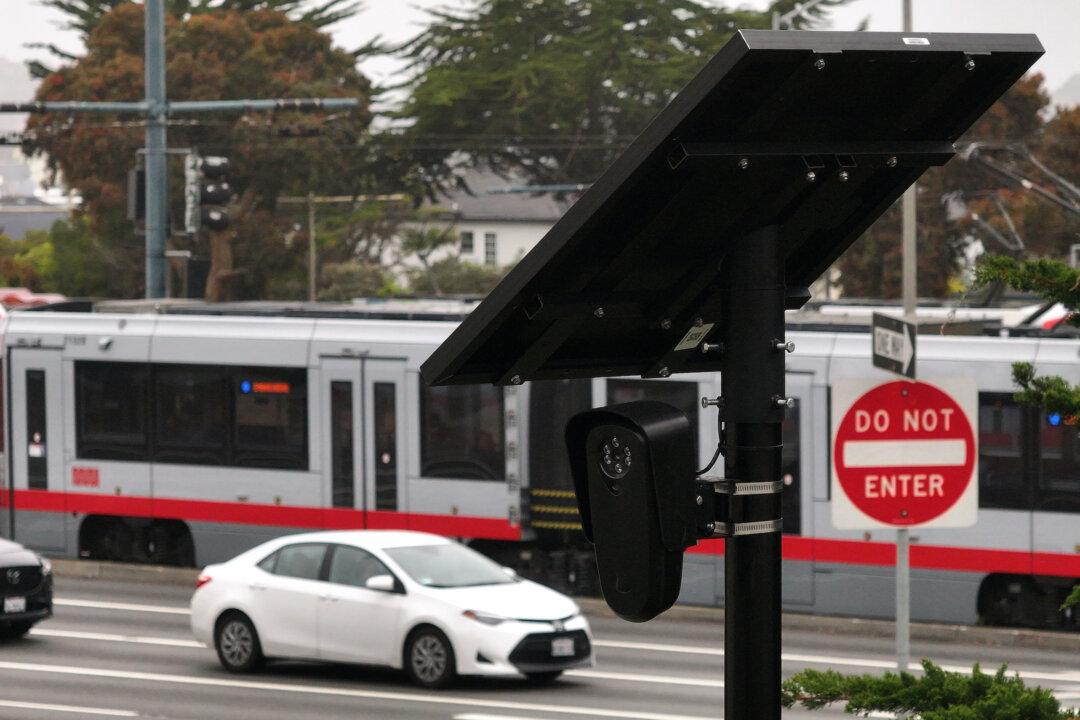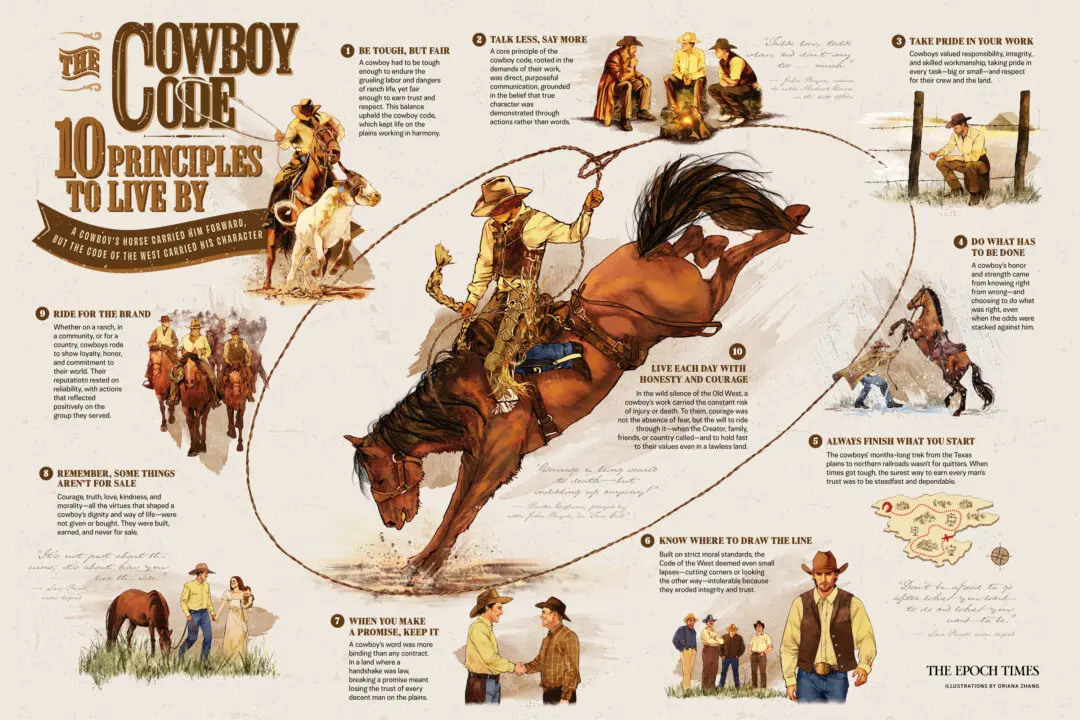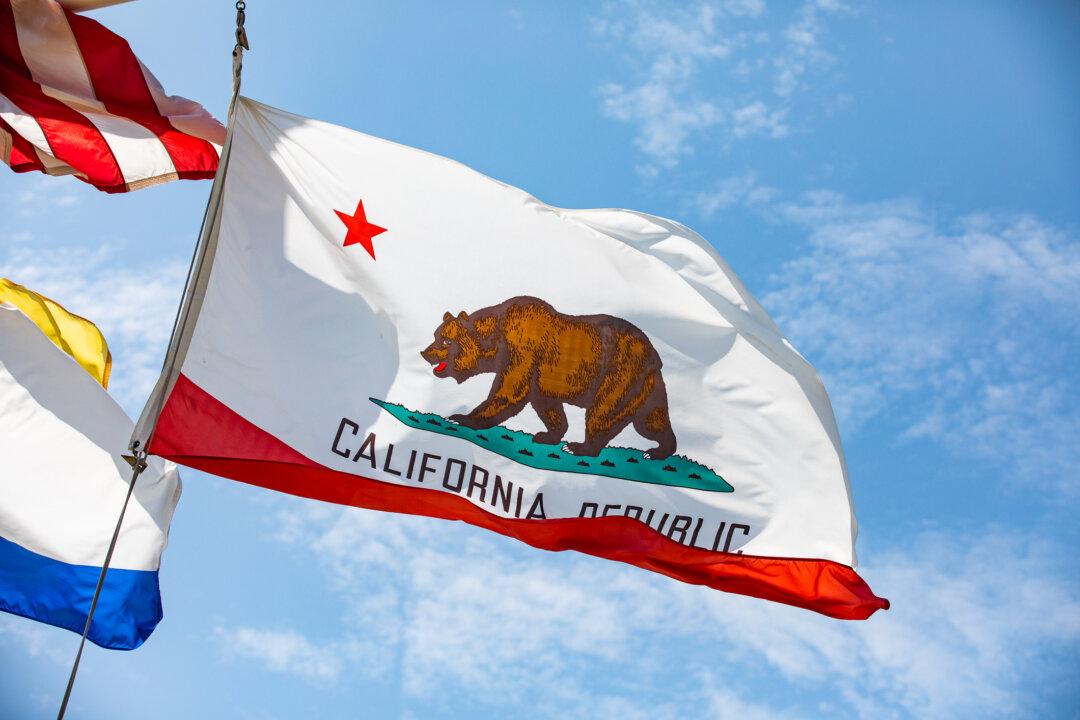The first 100 license plate readers installed at dozens of intersections in San Francisco have led to arrests, contributing to a drop in crime, authorities said June 12.
Mayor London Breed said in a press release that the cameras, installed on utility poles along Ninth Avenue and Irving Street, led to arrests for organized retail theft, carjacking, robbery, sexual assault, and more.





